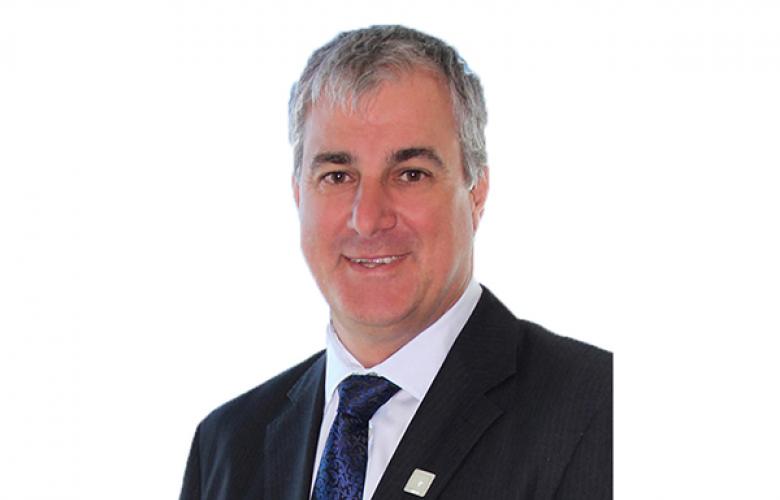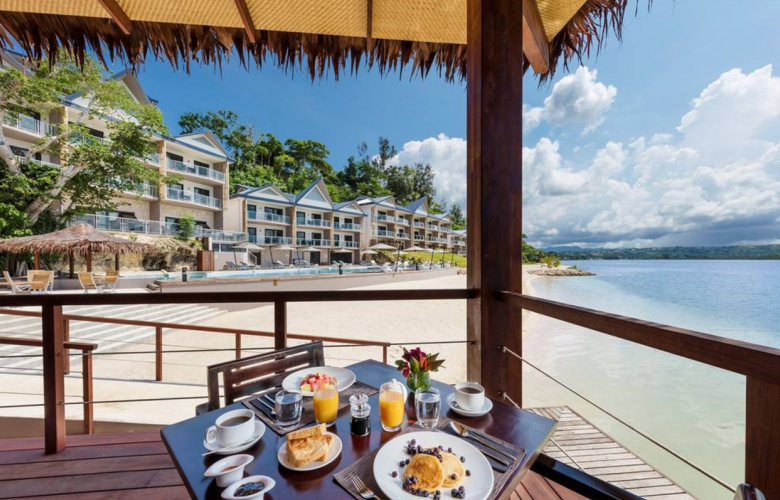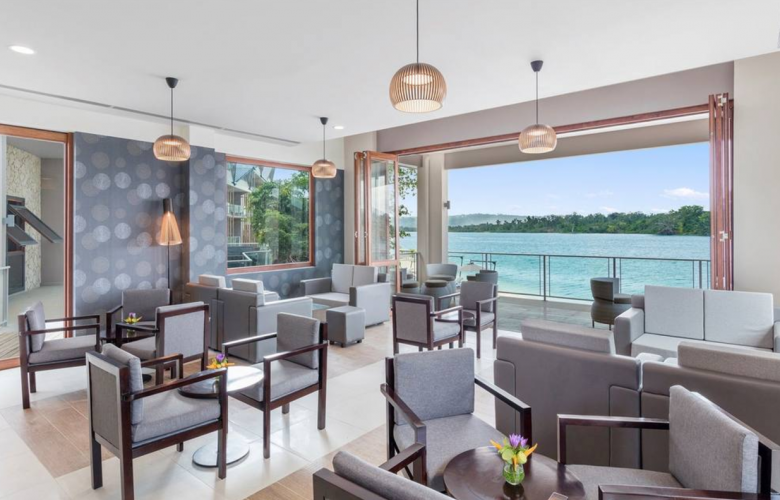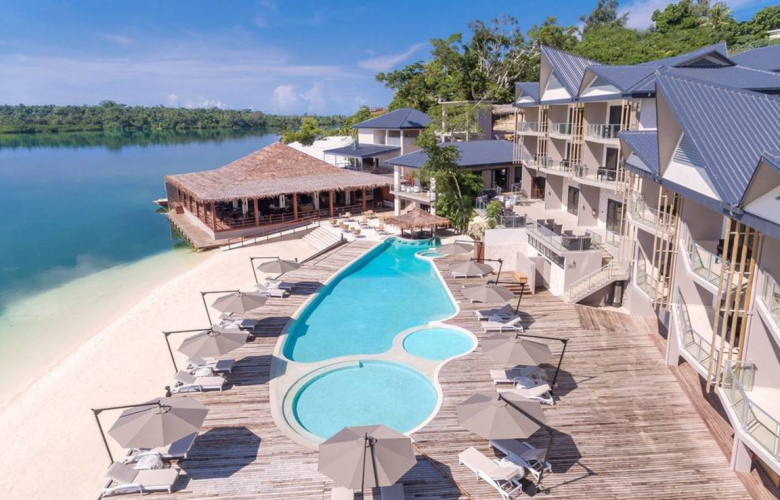Get to know David Wray, VP Acquisitions and Development at Wyndham Hotel Group
Contact
Jul 27, 2017
Get to know David Wray, VP Acquisitions and Development at Wyndham Hotel Group
David Wray, who began his role as the Vice President of Acquisitions and Business Development in October 2015, speaks exclusively to SCHWARTZWILLIAMS giving his insights into the hotel industry.
David is based in the company’s Singapore office and is the driving force behind growing the franchise structure and management opportunities for Wyndham Hotel Group in the South East Asia and Pacific Rim region. Prior to holding this role, David was Senior Director of Acquisitions for Wyndham in the South Pacific.
Before joining Wyndham, David worked as State Manager for Choice Hotels and was responsible for the growth of the property portfolio, sales and marketing and property relationships. During his time with Choice Hotels he was heavily involved in the branding transition from Flag Hotels.
In his 15-year career in the hospitality industry, David has established a solid network of industry colleagues. He has gained extensive experience with identifying new opportunities and locations for properties, which involves analysing properties and advising on best market fit.
How did you get into the hotels industry?
My background is in human resources. After completing my human resources degree I started working with the Australian Hotels Association in charge of the employment of around 3,000 apprentice cooks. I then did a short stint working as a duty manager before moving on to Flag Hotels (now known as Choice Hotels) where I was responsible for looking after all of the franchisees and signing up franchises. Various executive roles in the development sector were to follow until I became state manager for Flag Hotels before joining Wyndham’s acquisitions and development team.
What are some of your career highlights from your time in the industry?
Certainly of late it has been establishing and growing Wyndham’s brand presence in Asia. Prior to that, a highlight was being instrumental in acquiring more than 20 properties across Australia, New Zealand and the South Pacific to expand Wyndham’s footprint in this region. Building lifelong and respected relationships has also been a high point.
What are the biggest issues facing the hotel industry at the moment?
- Recruiting qualified staff and developing a true career path for people in the industry remains a challenge.
- Language issues surrounding the influx of Asian tourism are also an issue. We need more multi-lingual workers, signage and collateral along with cross-cultural training.
- I don’t think hotels have embraced technology as well as the rest of the travel industry has. You can check-in at the airport using your phone, you can scan your passport; there must be better and more innovative ways we can introduce new technologies to hotels to improve guest experiences.
- Airbnb remains an issue. It is now really posing a threat to strata title properties where people can opt to drop out of the hotel rental pool to move their property to Airbnb.
How has the industry changed in the time you have been involved with it?
It has probably become more competitive. The competition between brands has become fiercer in terms of who a developer chooses to partner with. The availability of information on the internet means hotel owners are acutely aware of what they can and can’t get when negotiating. In the old days things were more clear cut. If you wanted to be a Hyatt hotel you paid 10% of your total revenue. Now there is a lot more negotiation in play.
What changes would you like to see over the next two to five years in the industry?
Going back to my HR days and what I said earlier about training, I would like to see better defined career paths in the hotel industry where entry level hotel positions are no longer considered to be subservient roles. In some ways people look at the staff manning the hotel front desk as they do someone at the checkout at Coles. I’d like to see the hotel industry establish recognised career paths with university degrees to support those career paths.
What is your favourite hotel and holiday destination?
I don’t have a favourite hotel as I like trying out different ones. The best holiday destination I have ever been to would have to be Bora Bora.
See also:
Contact Details:
David Wray
Wyndham Hotel Group
+65 8569 1093
Email
3580
3586
David Wray
Important Information:










